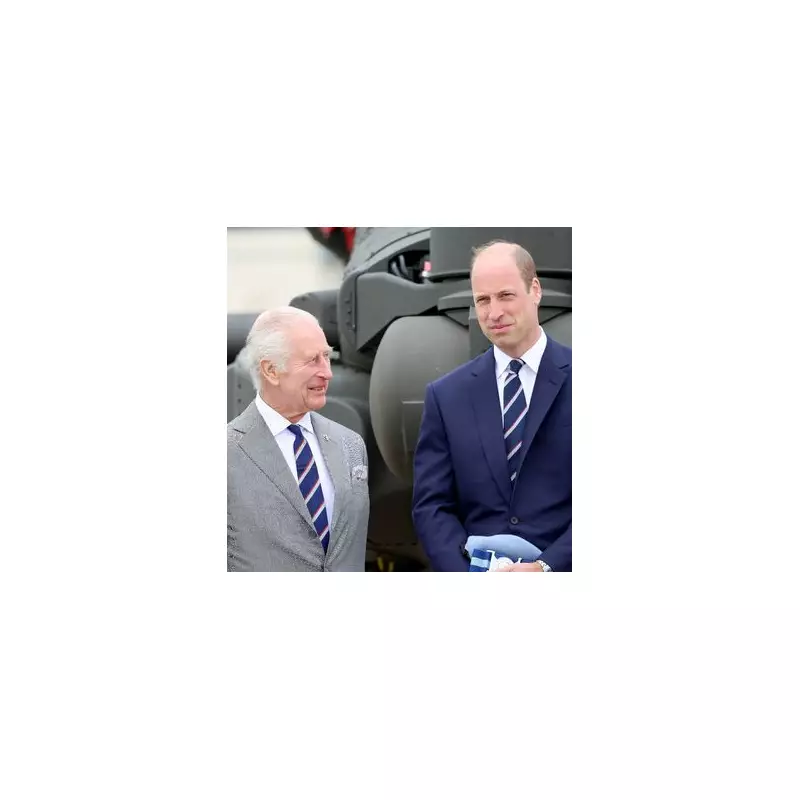
The Prince of Wales's relocation to the tranquil grounds of Windsor is being hailed as a deeply strategic manoeuvre by royal insiders, far more significant than a simple change of address. This calculated move to Adelaide Cottage is a core part of a long-term plan to fortify the monarchy's future under William and Princess Catherine's stewardship.
By establishing their family home away from the grandeur of Kensington Palace, the Waleses are crafting a more relatable, modern royal image. The choice of a smaller, more modest property allows them to provide their children, Prince George, Princess Charlotte, and Prince Louis, with a semblance of normal childhood, away from the intense London spotlight.
The Proximity Principle: A New Royal Hub
A key advantage of the Windsor base is its proximity to the King. Residing just a short walk from Charles III at Windsor Castle has undoubtedly streamlined communication and facilitated more frequent, informal consultations between the monarch and his heir. This closeness is crucial for a seamless transition and for William to gain invaluable, firsthand experience of state affairs.
Furthermore, the move has placed the family nearer to the Queen's final resting place, creating a poignant and powerful connection to the late monarch's legacy and the institution's history.
Building a Stable Foundation for a Future King
Royal commentators suggest this environment is intentionally designed to ensure the young princes and princess are grounded and well-prepared for their destinies, without being overwhelmed by the pomp of a central London palace. The stability and routine of life in Windsor are seen as essential for their development.
This strategic decampment signals a new chapter for The Firm—one that prioritises family, preparation, and a subtle, yet firm, grip on the reins of the world's most famous monarchy. It is a clear statement that William is not just waiting in the wings but is actively engaging in shaping the institution from a position of strength and strategic foresight.





